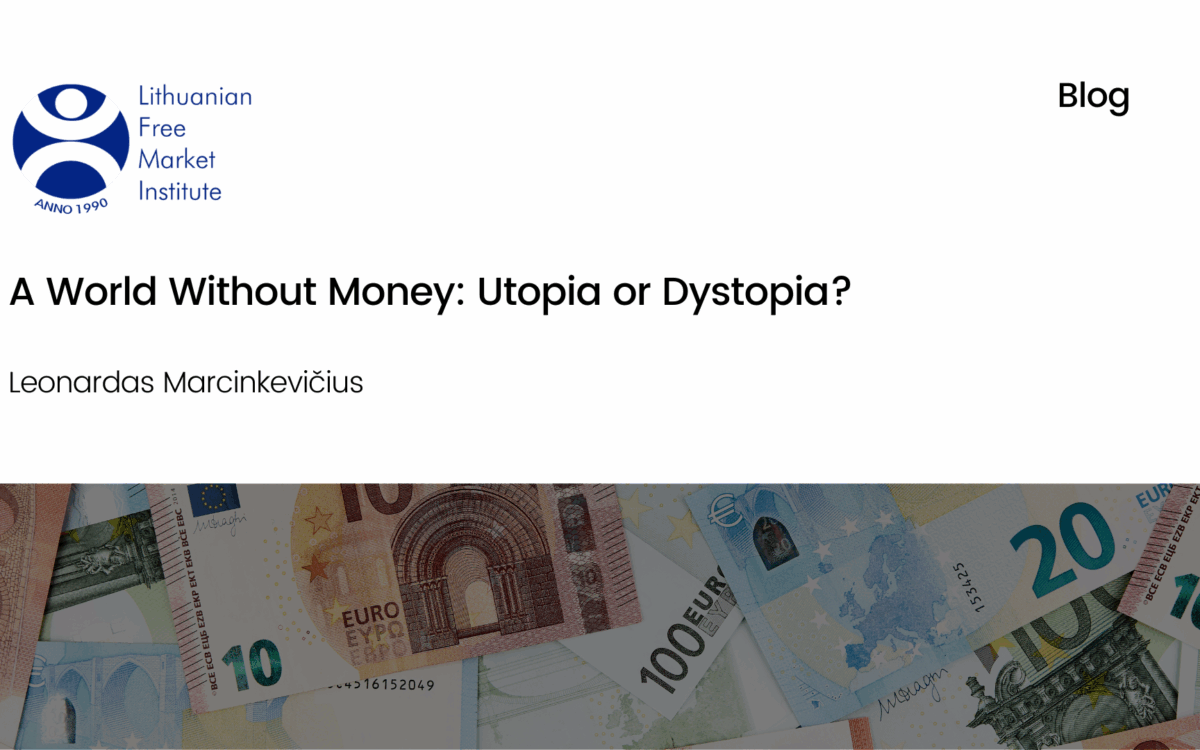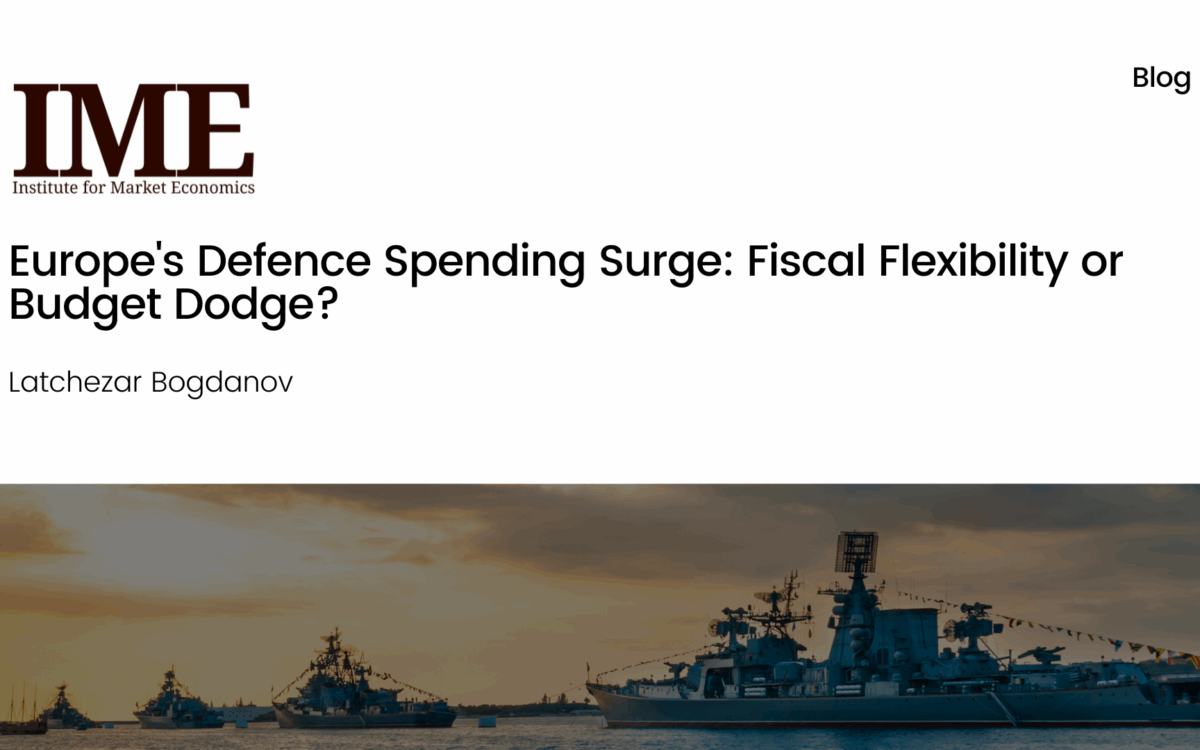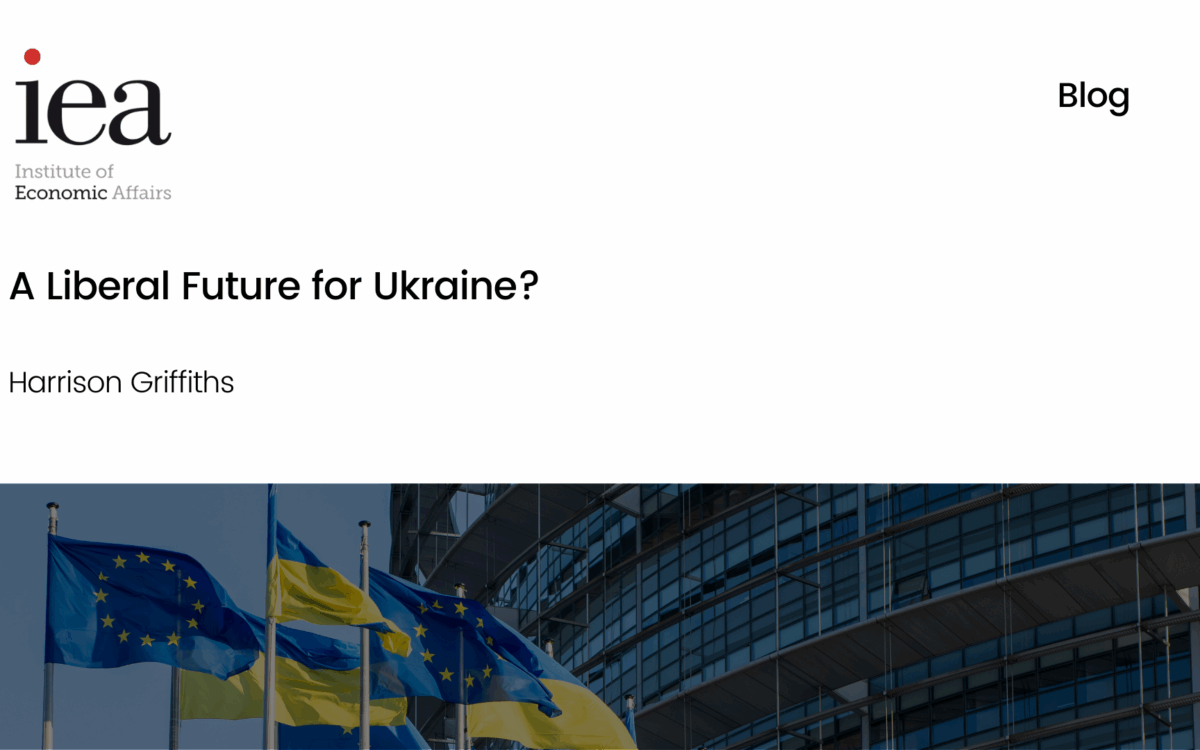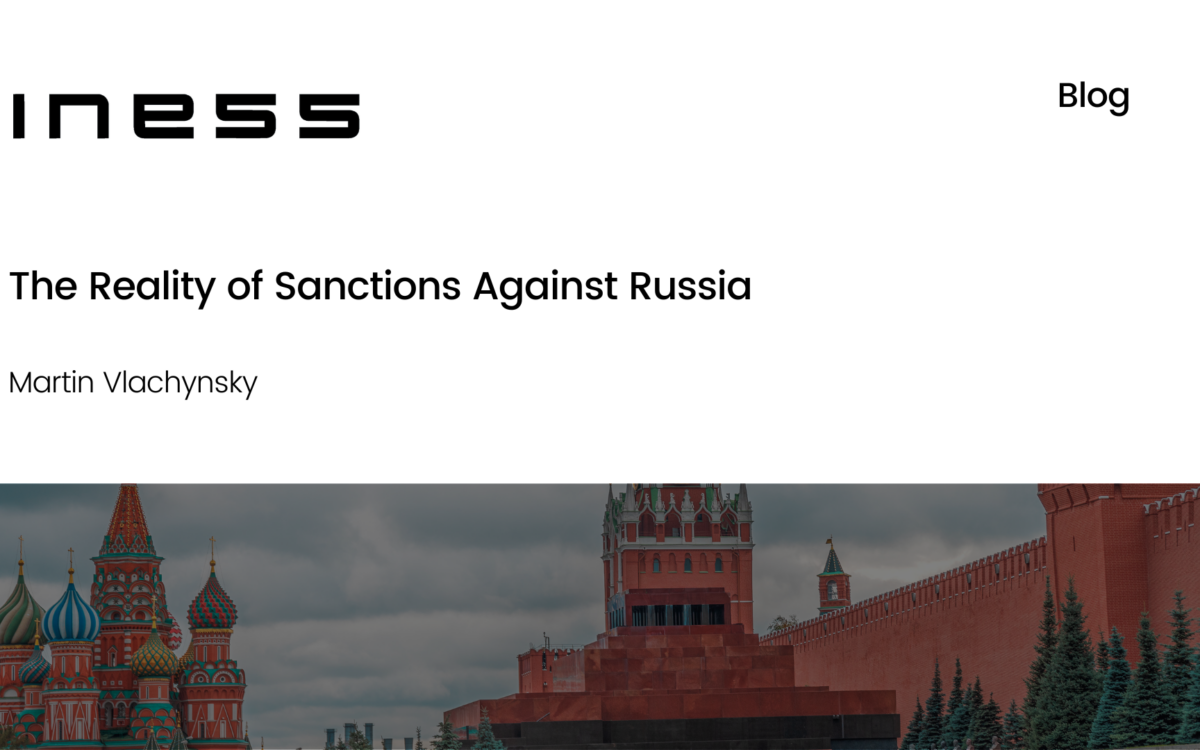Could Digital Gold Secure Germany’s Economic Future?
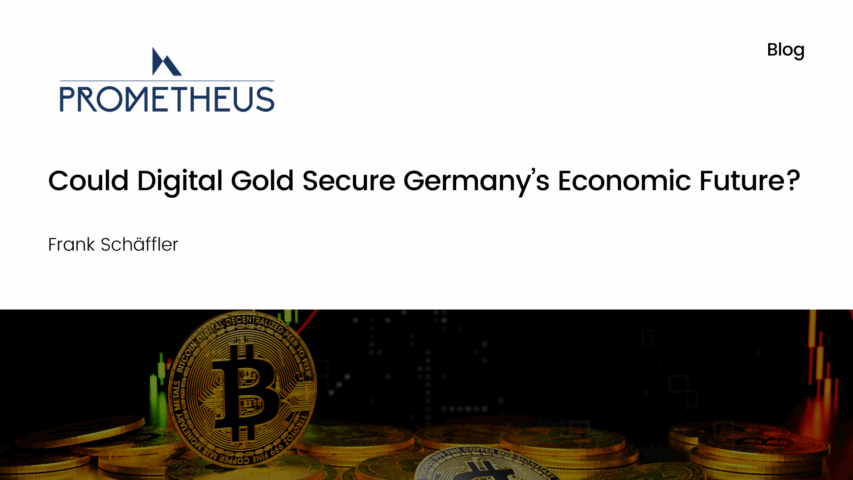
Could Digital Gold Secure Germany’s Economic Future?
Frank Schäffler // 16 May 2025
Geopolitical tensions have repeatedly made gold a popular investment option. This appears to be the situation in Germany since 2024. Last year alone, the price of gold in euros rose by 33 per cent, and this year, it has already risen by a further 16 per cent. Gold is one of the most attractive forms of investment at the moment. This is also due to its special nature. The banker J. P. Morgan (1837–1913) put it this way: ‘Gold is money, everything else is credit.’ He insinuated that gold is the ultimate money. When everything is faltering and confidence is waning, gold remains a store of value, a medium of exchange, and, in extreme cases, a means of payment. Morgan also pointed out that currencies such as the euro and the dollar are forms of credit money that are created out of nothing. Every bank that grants a loan creates new book money at the click of a mouse. As central institutions, central banks control the money supply through interest rate policies and direct interventions in the credit market. Thus, they also indirectly control inflation – or at least they try to.
Today, the world is highly indebted, possibly even over-indebted. The US national debt alone amounts to $34 trillion, of which it has to refinance $9 trillion this year. Many suspect that this is why Donald Trump wants to devalue the dollar and lower interest rates. This risky policy has far-reaching consequences for the global economy and central banks. In this context, the reserves of central banks are increasingly coming into focus, with gold playing a central role.
Germany’s gold reserves amount to 3,351 tons and are currently worth around €338 billion. They are stored this way: 51 per cent in Frankfurt, 37 per cent in New York, and 12 per cent in London. There are historical reasons for this distribution, which stem from the emergence of gold reserves during the Bretton Woods era. Until 1971, trade surpluses were redeemed in gold, which led to the accumulation of considerable gold reserves in the Deutsche Bundesbank in the 1960s. These were stored in the international financial centres of New York and London. This choice of storage locations came under debate in Germany during the euro crisis in the early 2010s. At the time, a report by the German Federal Audit Office triggered a broad political discussion about bringing the reserves back to Germany and Europe. Scepticism was expressed regarding whether the Bundesbank was fulfilling its duty of supervising the gold reserves stored in New York, as neither regular audits nor documentation of stock lists or bar numbers was carried out. But from 2013, the Bundesbank took action – it moved some of the gold to Frankfurt and introduced regular audits.
Now, a question arises as to whether further diversification of the Bundesbank’s currency reserves is sensible. I believe it is necessary. The geopolitical uncertainties caused by Donald Trump should prompt the Bundesbank to rethink its current reserves in New York. However, retrieving this gold poses significant logistical challenges. Secure transport must be organised and storage capacities created in Germany, a process that could take years. The logistical challenges highlight a disadvantage of gold: its physical weight makes transportation, storage, and security costly. Nevertheless, Germany should seriously consider reducing its gold holdings in New York. An alternative would be for the Bundesbank to rely on ‘digital gold’, i.e., Bitcoin, in addition to physical gold. The supply of Bitcoin, like gold, is limited, and therefore, it is in high demand. Its quantity is fixed at 21 million units, which cannot be increased. Moreover, Bitcoin is recognised worldwide as a store of value. And, unlike gold, it is easy to store, transport, and transfer.
The Bundesbank should, therefore, consider selling its gold reserves in New York – around 1,240 tons – and exchanging them for Bitcoin. This will help achieve two goals: firstly, Germany’s gold reserves will no longer be located in the US. Secondly, the Bundesbank will be able to diversify its currency reserves and have a valuable alternative to physical gold on its balance sheet. This will also enable the Bundesbank to realise the gains from the appreciation of gold. Between 2020 and 2025 alone, the market value of the Bundesbank’s gold reserves increased by over €150 billion. The Bundesbank could then distribute the profits to the Minister of Finance, who could use the funds to finance a corporate tax reform. This could make Germany competitive again. One can dream…
Frank Schäffler is the Managing Director at Prometheus - Heimat der Freiheit.
This blog was originally published by Prometheus - Heimat der Freiheit in German.
EPICENTER publications and contributions from our member think tanks are designed to promote the discussion of economic issues and the role of markets in solving economic and social problems. As with all EPICENTER publications, the views expressed here are those of the author and not EPICENTER or its member think tanks (which have no corporate view).
